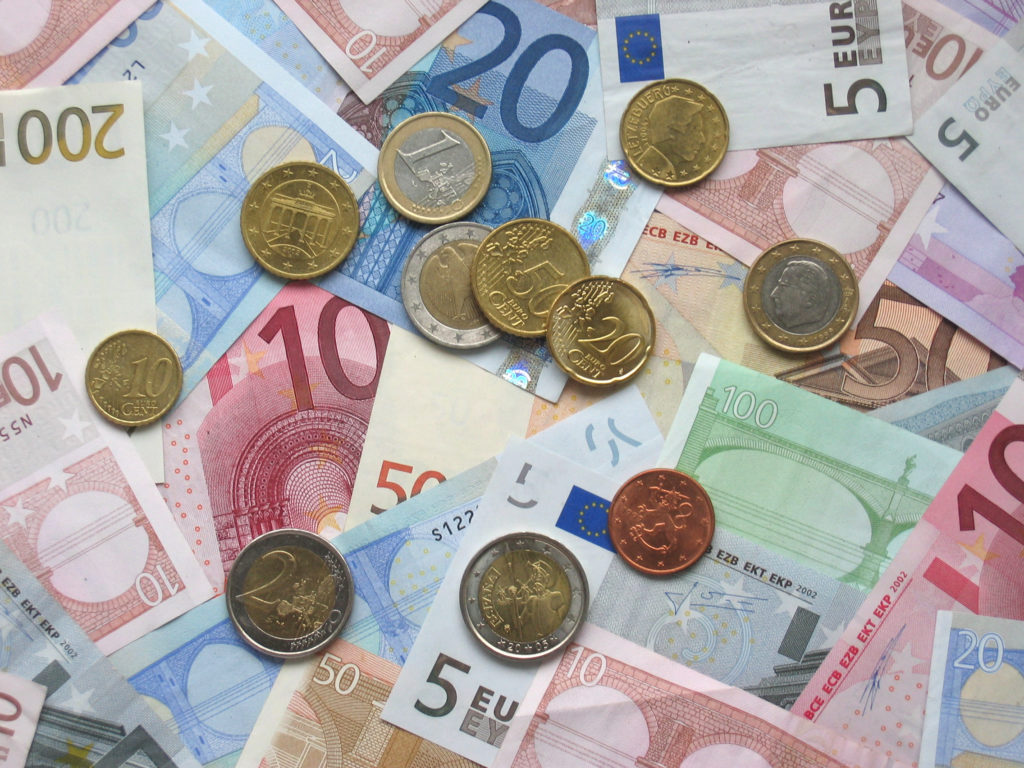Send Guns, Money, and Maybe Lawyers

Damn shame about Campos but the man said what he said
It’s a pretty good column:
Supporters of Ukraine’s fight may be trying to shame Western powers into providing more aid, while “realists,” who’ve spent the whole war urging Ukraine to surrender and have been disappointed in their predictions of military defeat, are now predicting inevitable economic collapse.
Still, the economic difficulties are real and serious. According to official estimates, Ukraine’s real gross domestic product has fallen 37 percent from a year ago, although there are some signs of recovery. At the same time, inflation has surged to nearly 24 percent over the previous year.
But here’s the thing: I’ve read a lot of economic history, including the economics of wars past. And my reaction to the Ukrainian numbers is: That’s all?
Look… Ukraine is a really big country and it had some pretty catastrophic economic problems before the war (although many of those were driven by Russian interference) and those economic problems have metastasized as a result of the invasion. It’s important to put things in perspective, though. Ukraine’s estimated GDP prior to the war according to World Bank figures is roughly $200 billion… which is somewhat smaller than Oklahoma and somewhat larger than Nevada. Ukraine’s benefactors include the United States, the United Kingdom, France, Germany, Japan, Canada, and Italy, for whom individually and collectively the amount of aid needed to support the Ukrainian economy in a post-war context amounts to a rounding error. The West (and we’ll use the definition that includes Japan for the sake of convenience if not clarity), as it happens, is incredibly wealthy and is more than able to float Ukraine until Kyiv can take advantage of its natural factor endowments (extraordinary agricultural productivity, strong industrial productivity, well educated workforce) to support its own reconstruction. Ukraine can be rich; that’s one of the reasons that the Russians want it. As Krugman notes it’s surely relevant that Russia has devastated the Ukrainian economy, but arguing that this should be decisive in terms of an evaluation of Ukraine’s prospects constitutes special pleading if not outright deception.
I would also say that while the joke lands well Ukraine does in fact need lawyers. The post-conflict context is going to involve a whale of claims against Russia, against Belarus and against individual Russians, and will involve a wide array of individuals internal to Ukraine. There’s going to be a lot of lawyering going on in the aftermath in order to put Ukraine’s economy and society back together, as well as undertake the reforms of Ukrainian governance that Russia has so vigorously tried to prevent over the past three decades. The prospect of a Ukraine without Russia is the brightest opportunity that Ukraine has enjoyed since independence, but the West will have plenty of work to do.
